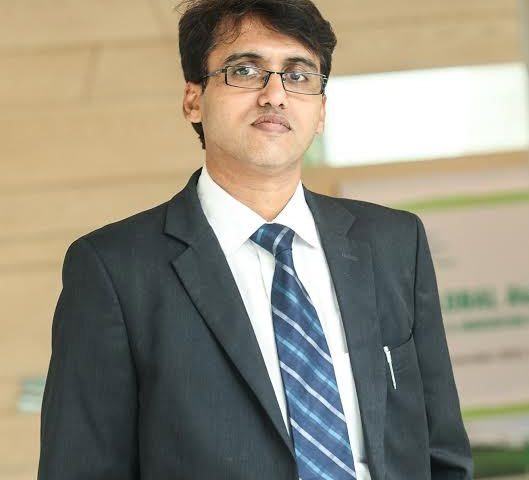Technologies and Innovations needed to increase Farmer’s Income

Agriculture Machinery market size in India will touch Rs 40000 crore
October 13, 2016
Japan’s ‘agri-tech’ farming revolution
October 13, 2016Farmer must be equipped with technologies and innovation. Without this, India cannot increase the agriculture productivity and production, which are necessary to increase farmer’s income
N Sai Krishna
Half of the workforce in India is still dependent on agriculture while output share from Agriculture in country’s GDP has fallen to 14.4 per cent. Even in the rural households depending on agriculture, over 40 per cent of income is from non-farming economic activities. Thus, the manpower dependence on agriculture is declining both in numbers and in the proportion of their economic dependence.
In this scenario, major challenge is ensuring country’s food security and how? Exodus of manpower away from agriculture is interpreted as sign of development. However, with so low income from agriculture, will the exodus stop at a level that can protect India’s food security? Do the manufacturing and service sectors have the capacity to absorb the exodus from agriculture? What is the fate of manpower in this transition phase of developing to developed country status of India?
Technologies and innovations towards re-invigorating Indian Agriculture appear to be the principle driver of agriculture development in the transition phase. ‘More crop per drop’ and protecting the income from agriculture is the only means of ensuring India’s food security. In the six decades of Indian Independence, public and private sectors made investments to increase the production and productivity. Production technologies are the most critical and the building blocks to ensure India achieve self sufficiency. However, owing to various policies protecting the consumer interests and lack of sufficient interventions in other segments of agriculture value chains, agriculture development could not increase the income of the farmers in line with the increasing cost of living. At this juncture, Prime Minister’s call for doubling the farmers’ income cannot be timelier.
For achieving the Sustainable Development Goals – 8 (employment and decent work), 4 (inclusive, equitable and lifelong education) and 1 (end poverty in all forms), increasing the farm incomes is both the means and the end. This requires technologies and innovations beyond the production segment of agriculture value chains viz., storage, value addition in time & space, matching with the changing consumer patterns, competing with international market forces etc,.
Agriculture in India is either largely considered as unskilled or skills that are already learned (recognition of prior learning – RPL). However, if we were to produce more and more for food security from less manpower and the same land, there is a need for transformation in Indian Agriculture. This necessarily requires new technologies and the consequent skill upgradation to keep pace with increasing population and changing dietary patterns. Global Agri Connect (GAC) is a step in this direction. It focuses not only on the technologies and innovations in production segment of agriculture, but also other nodes of the value chain towards integrated solutions for farm income enhancement. Interestingly, farmer need not always be at the core of all these technologies and innovations rather focus needs to be on farmer’s income. To increase the farmer’s income, one need not work alone with the farmer or on the farmer. We believe, any technology or innovation that can bring direct or indirect benefit to farmer especially her income is worth focusing and promoting.
National Skills Foundation of India (NSFI) over a period of time has explored various innovations and technologies on the parameters of their value proposition, impact and scope to scale up. Among various technologies that have been studied, shortlisted entrepreneurs have been invited for conference deliberations. GAC aims to present the merits of these successful technologies and innovations before a large gathering of agriculture stakeholders’ viz., government, ICAR, university systems, corporate and their social responsibility divisions, bilateral and multilateral agencies and civil society. Further, deliberations are envisioned on what are the challenges in development, promotion and scaling of these successful technologies and to bring out various steps to overcome the challenges to ensure wider outreach and impact of the technologies. The increased outreach and impact is believed to aid in increasing the farm incomes. GAC would achieve its objectives if various participating stakeholders collaborate and work towards increasing the outreach and impact of various successful technologies in agriculture, thus building a congenial climate that brings out innovations for doubled farm incomes.
(N Sai Krishna, CEO, National Skills Foundation of India, is a fellow from Institute of Rural Management, Anand (IRMA) with Masters in Agriculture Extension Education. Mr Krishna has over 15 years of experience and has extensively worked in the domains of Agri Value Chains, Dairy Development, Local Self Governance, Environmental Management and Natural Resource Management)


